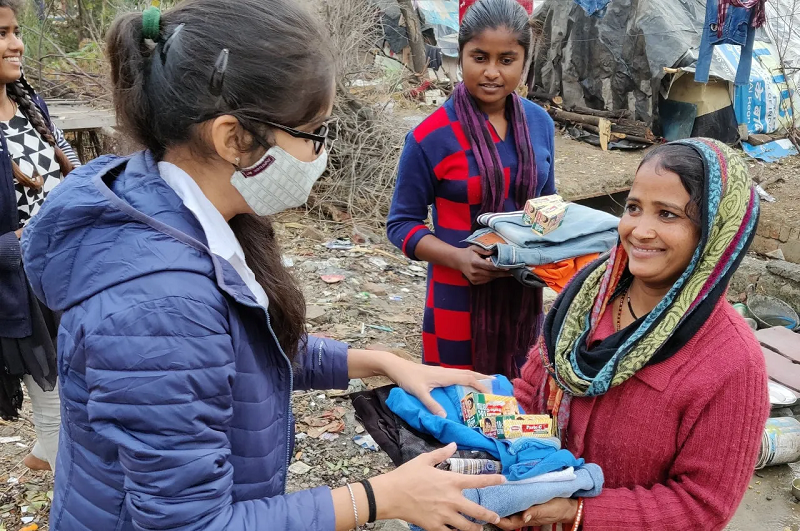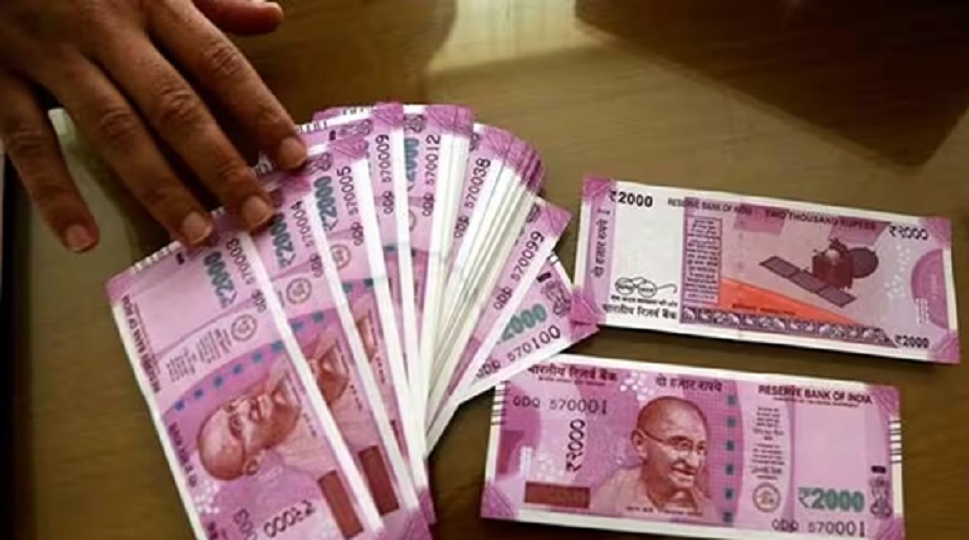
When it comes to consuming food, it's essential to be aware of the potential risks and reasons to avoid certain types of fake or counterfeit food. Here are five reasons not to eat someone's fake food:
-
Health risks: Fake food may contain harmful substances, such as unapproved additives, contaminants, or toxic chemicals. Consuming such food can lead to various health problems, ranging from digestive issues to more severe long-term health complications.
-
Allergic reactions: Fake food may be produced using different ingredients or processed in facilities that handle allergens. If you have allergies or sensitivities to certain substances, consuming fake food could trigger severe allergic reactions.
-
Lack of nutritional value: Fake food often lacks the essential nutrients that our bodies need to function properly. Consuming these foods may lead to nutritional deficiencies and undermine your overall health and well-being.
-
Legal and ethical concerns: Eating counterfeit or fake food may contribute to the perpetuation of illegal activities and unethical practices in the food industry. It can also harm legitimate food producers who adhere to safety and quality standards.
-
Financial loss: Paying for fake food is not only a waste of money but also supports fraudulent practices. In some cases, counterfeit food may be sold at a lower price, enticing consumers looking for bargains, but it's important to remember that the potential health risks outweigh any financial gains.
To ensure your safety and well-being, always be cautious when consuming food, especially if it comes from unfamiliar or unverified sources. Stick to reputable establishments, read labels and ingredient lists, and report any suspicious products to the appropriate authorities.
(pc freepik)










